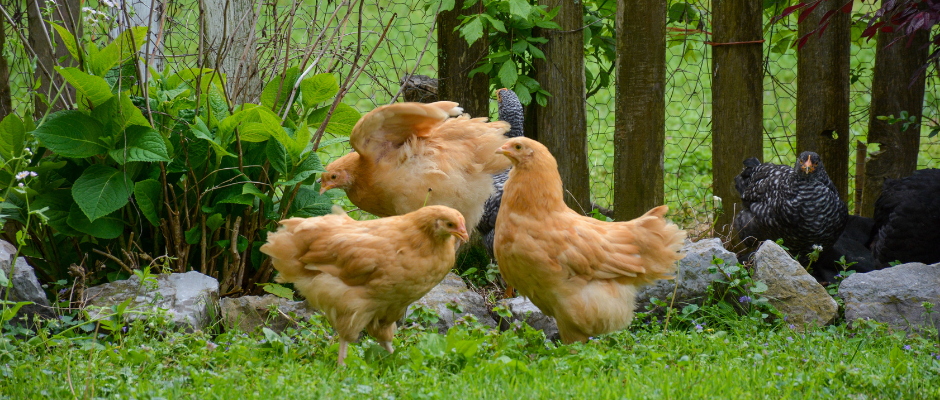
Birds and other Animals

Animals can be a wonderful addition to any family, however they must be kept in a manner that does not create a nuisance or a health risk to the surrounding community.
Common issues
- Offensive odours
- Noise nuisances
- Unhealthy conditions causing pest and vermin issues.
These issues can be avoided by considering the type and number of animals which are suitable for your home and neighbourhood.
If we receive a substantiated complaint , we will request that appropriate actions be undertaken to resolve the issue(s) identified.
Two key pieces of legislation which deal with these issues are:
- Local Government Act 1993 and associated Local Government (General) Regulation 2005, which provides guidance in the event that we need to serve orders to ensure animals are kept appropriately
- Environmental Planning and Assessment Act 1979 and the associated State Environmental Planning Policy (Exempt and Complying Development Codes) 2008, which outline the requirements for approvals for certain types of animals and animal shelters.
The following guidelines for poultry, pigs, horses and cattle are based on the Local Government Act 1993 are considered a good guide of what conditions are reasonable for keeping these animals.
These guidelines are only binding on the owner or occupier of a premises where City of Newcastle has served an Order under Section 124 of the Local Government Act 1993, stating that they apply to the specific premises.











